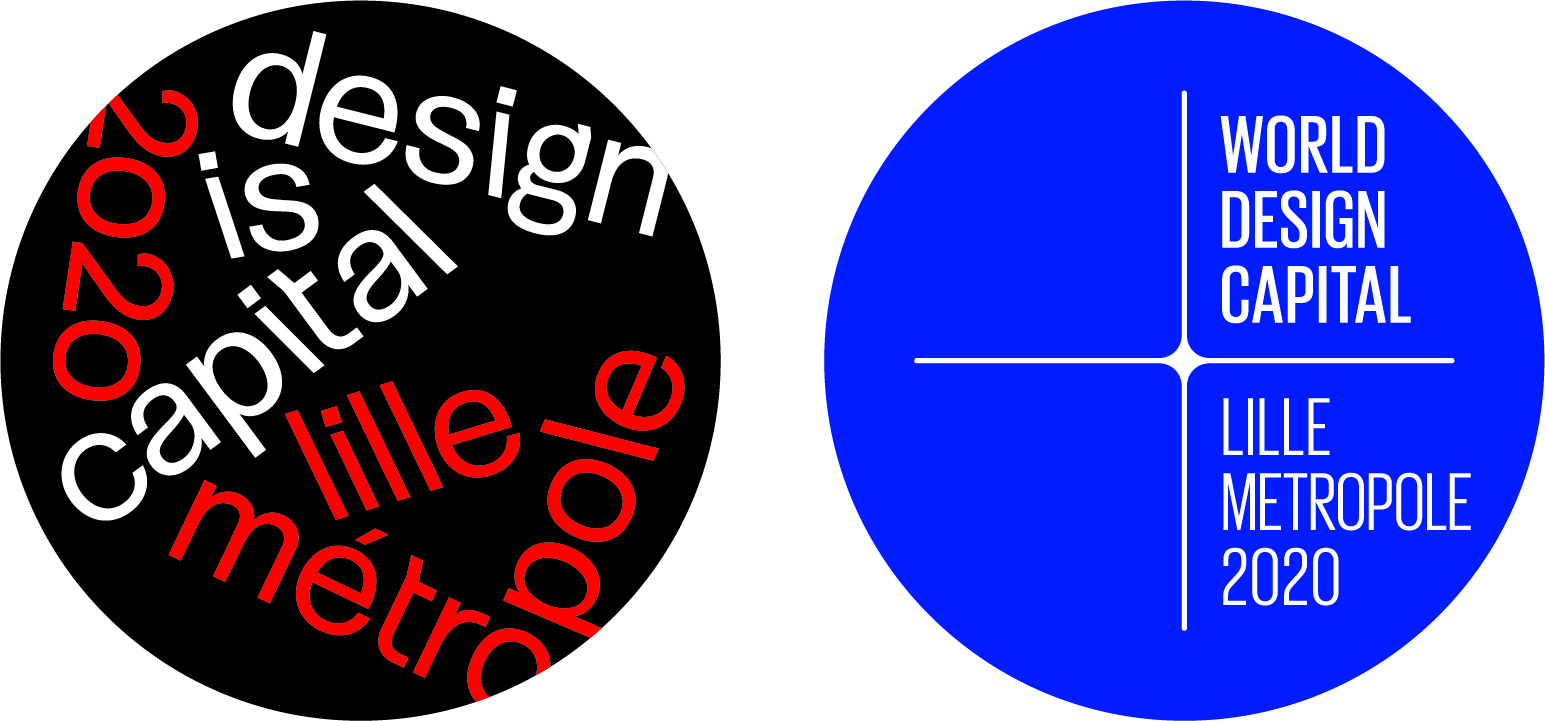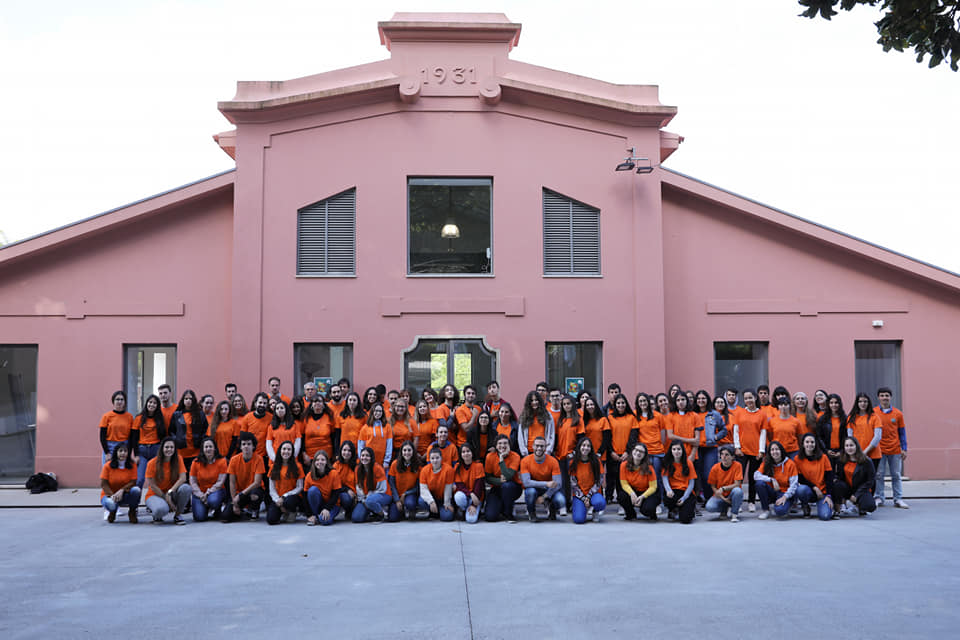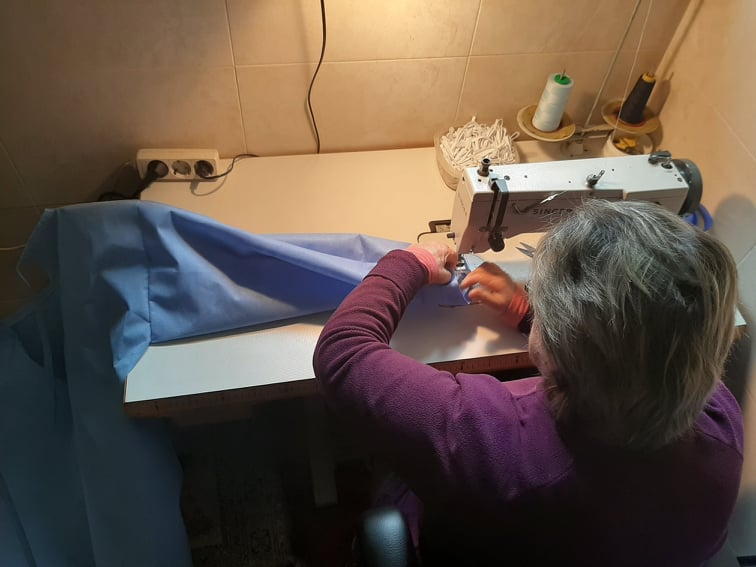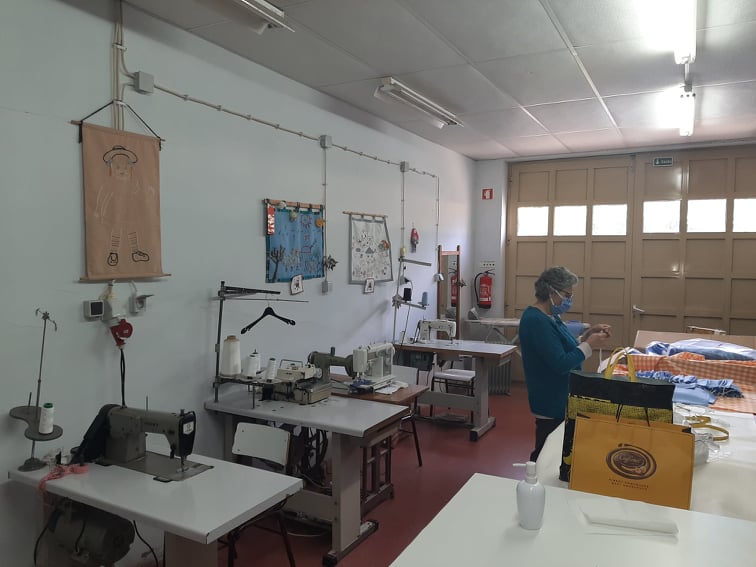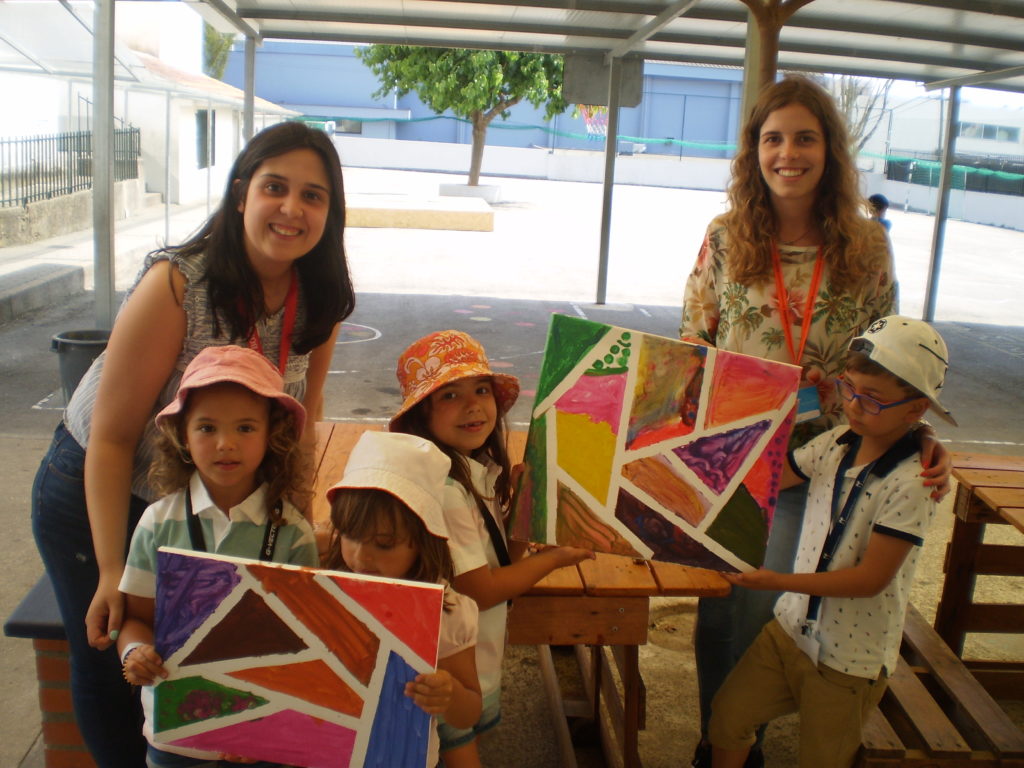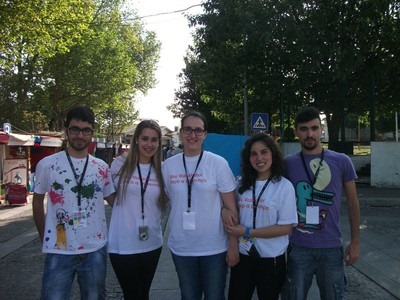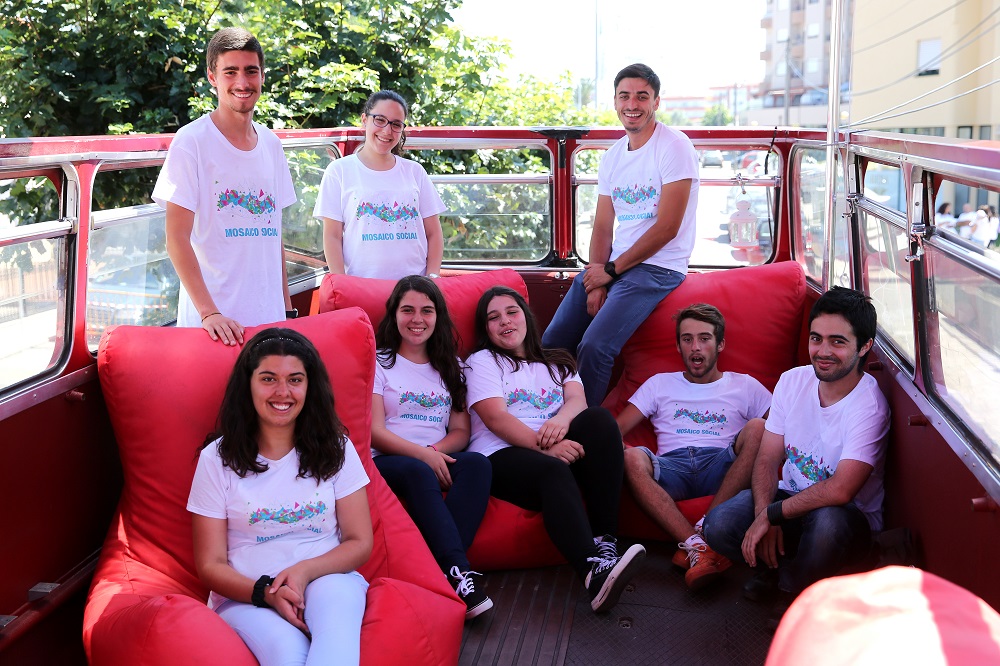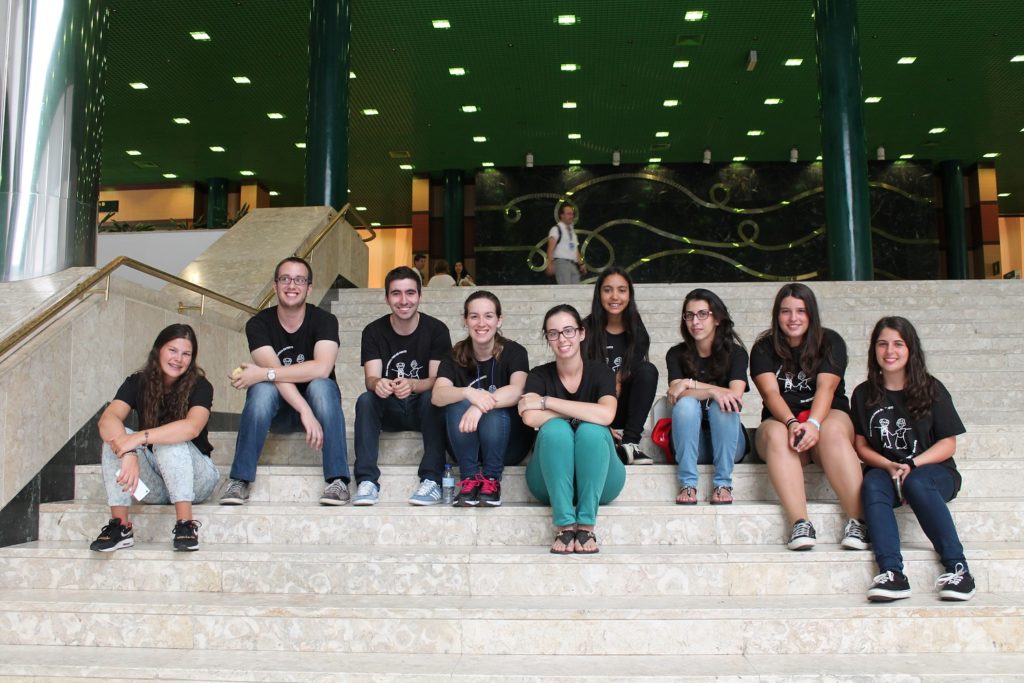POC Volunteering Local Bank& Imaginarius Participa
Volunteering, a successful collaborative platform
Volunteering, solidarity and active participation are deep-rooted in the identity of Santa Maria da Feira’s people. In 2005, the Municipality created an intergenerational Volunteering Local Bank and in 2013, under Imaginarius – International Festival of Street Theatre – was born “Imaginarius Participa”, a cultural volunteering scheme. Both projects have now more than 400 active volunteers.
Matching supply and demand of volunteers
“Imaginarius Participa” aims to boost volunteering behaviours and cultural habits, by matching volunteer profiles with public and artists’ needs. Volunteers, both national and international, enjoy the festival and establish contacts with the artistic world.
Volunteering Local Bank is composed of individual citizens and institutions, and aims to promote, enhance and qualify volunteering along with creating all the conditions for it to work. The Bank bases its work on local needs – the local social network (formal entity comprising non-profit organisations and public institutions) – by matching supply and demand through a tailored analysis of local needs and intergenerational volunteers’ profiles and expectations.
During the lockdown, the Municipality promoted a collaborative partnership with social organisations and private companies in order to collect and give materials to the Bank, making it possible for volunteers to make cloth masks, gowns and cuffs for care homes.
In the post coronavirus era, society will undergo the socio-economic impact of confinement while other needs will emerge. At this moment, volunteers are conducting telephone interviews and mapping digital accessibility for the elderly.
Volunteering’s current challenges
Santa Maria da Feira’s volunteering promotes active collaboration between cultural and socio-economic fields as well as between the public and private sectors. The rapid reaction to the pandemic is an evidence of the collaborative success implemented in the city for over 14 years.
The challenge remains matching institutions’ needs with citizens’ profiles and expectations. Higher levels of consultation and collaboration are needed in order to avoid duplication of projects and overlapping responses.
- Project holders : city of Santa Maria da Feira
- Stakeholders : This case comes from the ActiveCitizens network co-financed by the European Union through the URBACT programme
- Photo credit : city of Santa Maria da Feira
